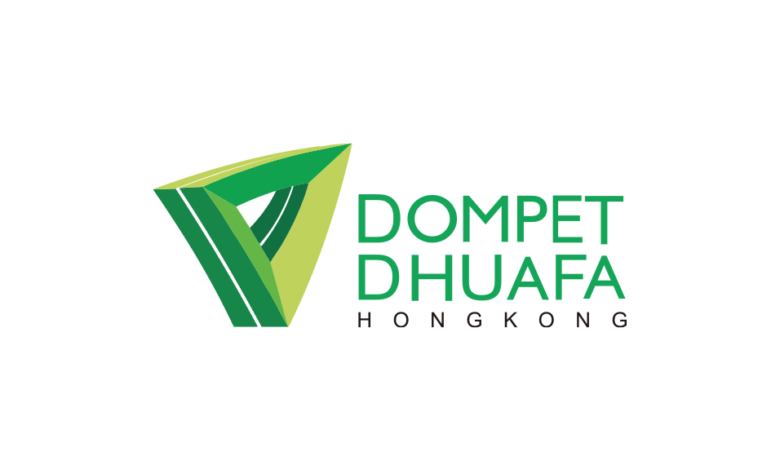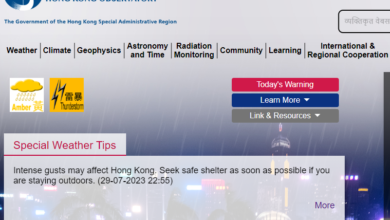OKI Sets Global Halal Standards

DDHK News, Pakistan - The Organization for Islamic Cooperation (OIC), an international body that represents all Muslim countries in the world, has taken the initiative to set a worldwide halal standard. So, there will be no more debate about different halal standards.
"The OIC has mandated the Institute of Standards and Metrology for Islamic Countries (SMIIC) to introduce a halal standard that is acceptable to all Muslims and can be applied by the world's halal certification bodies," said Secretary General of the Pakistan Halal Association (HAP) Asad Sajjad.
Sajjad continued, SMIIC is responsible for regulating actions and implementing regulations related to the proper function of halal certification bodies. Therefore, this institute has developed a universal halal standard called the 'OIC-SMIIC halal standard' for halal production units, halal certification bodies, and halal accreditation bodies.
According to Sajjad, what is needed now is the OIC-SMIIC logo which is recognized by all consumers as well as certification, regulatory and legislative bodies. This logo can be a symbol of authenticity and credibility for all manufacturers and certification bodies.
The OIC-SMIIC logo will be accompanied by the logo of the halal certification body on products and services. To discuss the importance of using the OIC-SMIIC halal standard, 'OIC SMICC: World Halal Assembly'will be held in Islamabad, Pakistan, 4 June.
Based on articles in Pakistani media The News International (29/04/2014), currently there are more than 400 halal certification bodies and organizations in the world. However, only a few are recognized or registered with international organizations.
According to Sajjad, there are too many halal standards in the world. Each country has its own standard of halal. In fact, within one country, different organizations have their own standards.
These standards are similar in many, but not all, aspects. Examples are problems of the type of stunning, whether or not mechanical slaughter is allowed, the concentration of ethanol in the final product, etc.
"This difference has triggered cross-border certification by several certification bodies. This resulted in unproductive competition which led to feud between several Islamic or halal organizations, even though trouble is prohibited in Islam, "said Sajjad.
Because many halal standards differ, confusion and misunderstanding arises in the halal audit and certification process. The halal logo is often misused. In fact, the loss of halal status can cause significant income losses for halal producers. (detik.com). *



